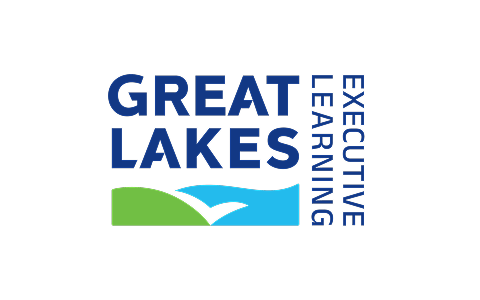Earn a certificate & get recognized
Introduction to Economics
Immerse yourself in the complexities of economics with our focused Introduction to Economics program. Delve into essential knowledge, acquiring fundamental concepts and honing analytical skills for practical application.
Introduction to Economics
6.5K+ learners enrolled so far
Stand out with an industry-recognized certificate
10,000+ certificates claimed, get yours today!
Get noticed by top recruiters
Share on professional channels
Globally recognised
Land your dream job

Skills you will gain
Basics of economics
Microeconomics
Macroeconomics
Market structures
Command economy
Free economy
Key income indicators
+1 More
Key Highlights
Get free course content
Master in-demand skills & tools
Test your skills with quizzes
About this course
Venture on a comprehensive exploration of economic principles with our online course, Introduction to Economics. Begin by comprehending the fundamental meaning and origin of economics and its evolution as a science of choice. Delve into the intricacies of microeconomics and macroeconomics, understanding their distinct roles and applications. Explore the dynamics of market structures, contrasting command economies with free-market systems, the components of national income, and key economic indicators that shape understanding. Lastly, grasp the concept of the circular flow of income for insights into how economic elements interconnect. The Introduction to Economics course curriculum offers a vigorous foundation for comprehending economic principles and their real-world implications. Join this educational pathway to deepen your knowledge of economics.
Ready to take your knowledge further? Check out our Post Graduate Diploma in Management (Online) for an in-depth, comprehensive program.
Course outline
Meaning of economics
This section explores economics, unraveling the fundamental principles governing how individuals and societies allocate resources to meet their wants and needs. It delves into the essence of economic choices and decision-making processes.
Origin of economics
Delving into the historical roots of economics, this section uncovers its origins as a discipline and traces its evolution. Understanding this background provides a foundational context for the subsequent study of economic principles.
Economics as a science of choice
This segment delves into the core concept of economics as a science of choice, analyzing how individuals navigate decision-making amid the challenges of scarce resources and countless alternatives.
Microeconomics
Focusing on smaller economic units, microeconomics is dissected. This section explores the decision-making processes of entities, such as households, firms, and specific markets, offering insights into their economic behaviors.
Macroeconomics
Shifting to a broader perspective, this section introduces macroeconomics. It explores critical elements such as inflation, unemployment, and national income, providing a comprehensive view of macroeconomics.
Microeconomics vs Macroeconomics
Comparative analysis distinguishes microeconomics and macroeconomics in this section. The introduction to economics course elucidates the unique focuses, highlighting their complementary roles in understanding economic phenomena.
Market structures
This segment sheds light on various market structures that define economies, from perfect competition to monopoly. Understanding these structures is crucial for grasping how pricing and production dynamics operate in different market scenarios.
Command economy vs Free market economy
Exploring economic systems, this section contrasts command and free market economies. It evaluates how central planning and market forces influence resource allocation and economic outcomes.
Components of national income
This part breaks down the components of national income, offering insights into how a country's economic activity is measured. It examines categories such as wages, profits, and taxes to provide a comprehensive picture of economic health.
Key economic indicators
The focus shifts to economic indicators in this economics course section, including GDP, inflation, and unemployment. These metrics are vital barometers for assessing the nation's economic health.
Circular flow of income
This section unveils the concept of the circular flow of income. It visualizes the continuous movement of money and goods between households and businesses, illustrating the interconnected nature of economic agents and the sustaining flow of economic activity.
Get access to the complete curriculum once you enroll in the course
Stand out with an industry-recognized certificate
10,000+ certificates claimed, get yours today!
Get noticed by top recruiters
Share on professional channels
Globally recognised
Land your dream job

Introduction to Economics

3.0 Hours
Beginner
6.5K+ learners enrolled so far
Get free course content
Master in-demand skills & tools
Test your skills with quizzes
Learner reviews of the Free Courses








5.0
What our learners enjoyed the most
Skill & tools
62% of learners found all the desired skills & tools
Frequently Asked Questions
Will I receive a certificate upon completing this free course?
Is this course free?
Why learn economics?
Studying economics can provide you with technical skills that allow you to compete for top positions in finance, business, marketing, development, policy-making, and more.
Is economics hard to learn?
Studying economics can require communication, strong critical thinking, and math skills. However, anybody can learn about economics with dedicated and consistent study.
What can I learn from an online economics course?
Introduction to Economics online course covers microeconomics, macroeconomics, fiscal policy, financial institutions, and more. Learners can gain practical skills in data analysis, critical thinking, and decision-making.
What skills or experience do I need before I start learning about economics?
You do not require any specific skills or experiences to begin studying economics. An interest in economic policy and financial systems is helpful but not mandated.
What are the career paths for someone in economics?
Individuals interested in economics may pursue careers as financial analysts, data analysts, traders, accountants, or financial advisors.
What are the benefits of taking an online Great Learning economics course?
The Online Economics course by Great Learning offers a convenient and flexible way to enhance existing knowledge or learn new skills.
Can I learn economics without a finance background?
A finance background is not a prerequisite to learning economics.
Can I access course materials after completing an online economics course?
With Great Learning, you gain exclusive access to course materials for a lifetime. You can come back and review the content whenever you need, even after completing the online economics course.
Become a Skilled Professional with Pro Courses
Gain work-ready skills with guided projects, top faculty and AI tools, all at an affordable price.


View Course

Included with Pro+ Subscription

View Course

Included with Pro+ Subscription


View Course

Included with Pro+ Subscription

View Course

Included with Pro+ Subscription

View Course

Included with Pro+ Subscription

View Course

Included with Pro+ Subscription
 (1).jpg)
View Course

Included with Pro+ Subscription
.jpg)
View Course

Included with Pro+ Subscription


View Course

Included with Pro+ Subscription


View Course

Included with Pro+ Subscription
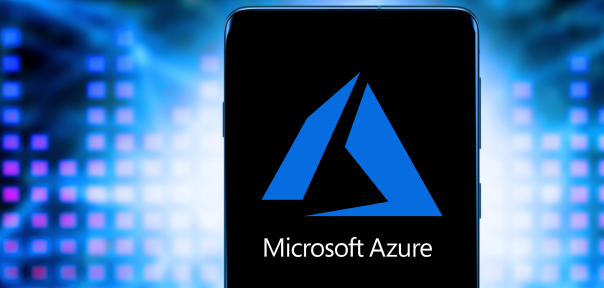

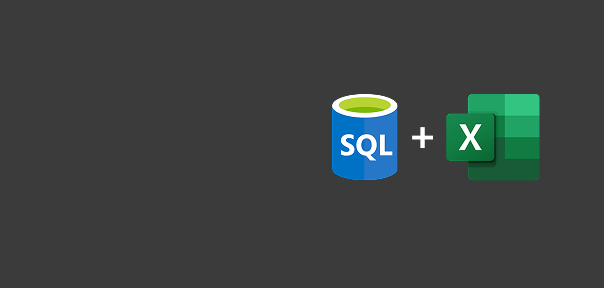

View Course

Included with Pro+ Subscription


View Course

Included with Pro+ Subscription


View Course

Included with Pro+ Subscription
.png)
View Course

Included with Pro+ Subscription
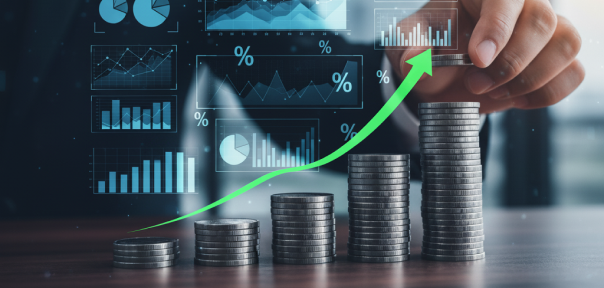
View Course

Included with Pro+ Subscription
.jpg)
View Course

Included with Pro+ Subscription

View Course

Included with Pro+ Subscription
.jpg)
View Course

Included with Pro+ Subscription

View Course

Included with Pro+ Subscription
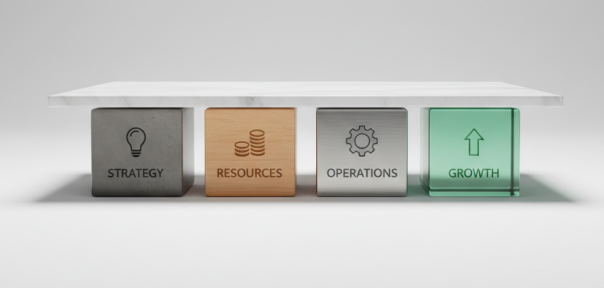
View Course

Included with Pro+ Subscription
.jpeg)
View Course

Included with Pro+ Subscription


View Course

Included with Pro+ Subscription
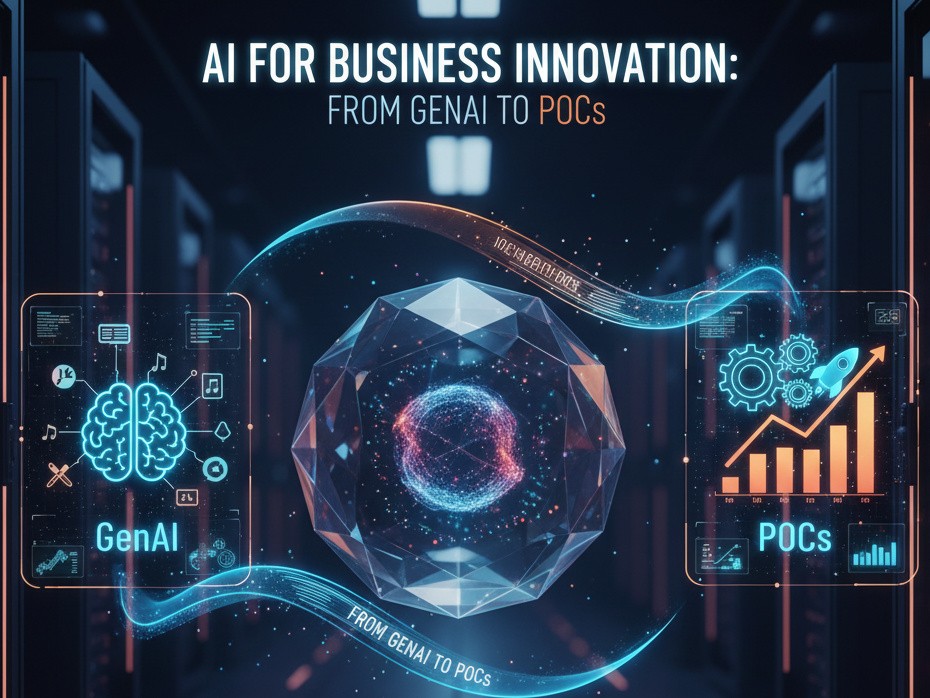
View Course

Included with Pro+ Subscription

View Course

Included with Pro+ Subscription
.jpg)
View Course

Included with Pro+ Subscription

View Course

Included with Pro+ Subscription

View Course

Included with Pro+ Subscription
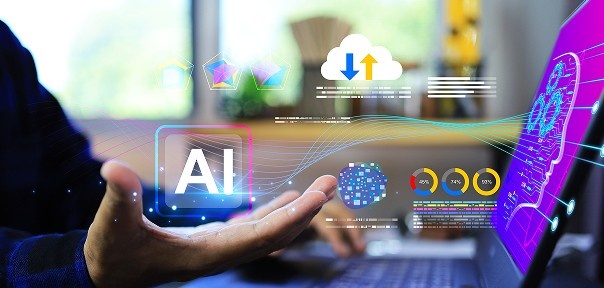

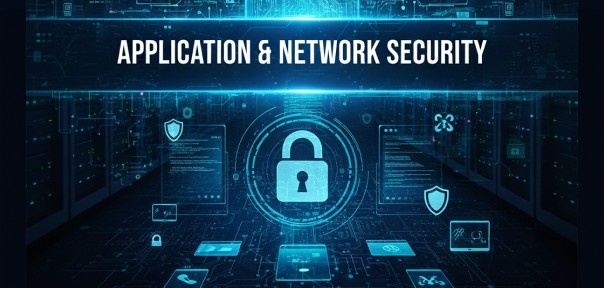
View Course

Included with Pro+ Subscription
.png)

View Course

Included with Pro+ Subscription
.png)
View Course

Included with Pro+ Subscription
.png)
View Course

Included with Pro+ Subscription
.png)
View Course

Included with Pro+ Subscription
.png)
View Course

Included with Pro+ Subscription
.png)
View Course

Included with Pro+ Subscription
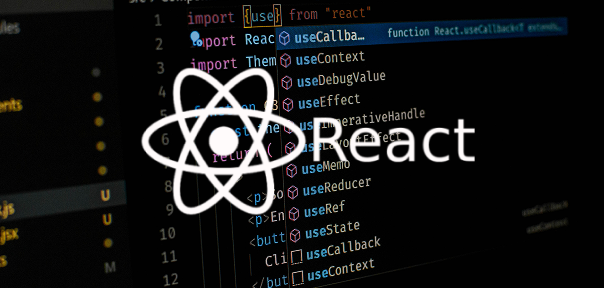
View Course

Included with Pro+ Subscription
.png)
View Course

Included with Pro+ Subscription
.png)
View Course

Included with Pro+ Subscription


View Course

Included with Pro+ Subscription
.jpg)
View Course

Included with Pro+ Subscription

View Course

Included with Pro+ Subscription



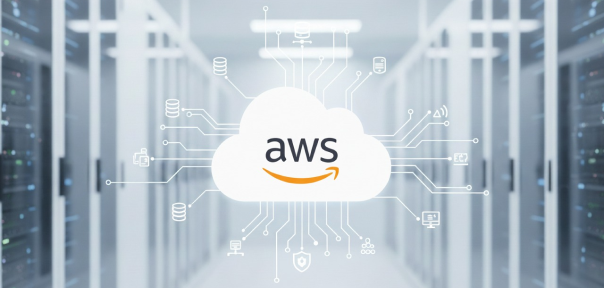

View Course

Included with Pro+ Subscription
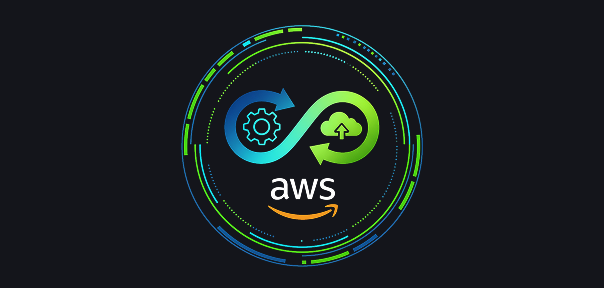
View Course

Included with Pro+ Subscription
.png)

.jpg)

.jpg)



View Course

Included with Pro+ Subscription
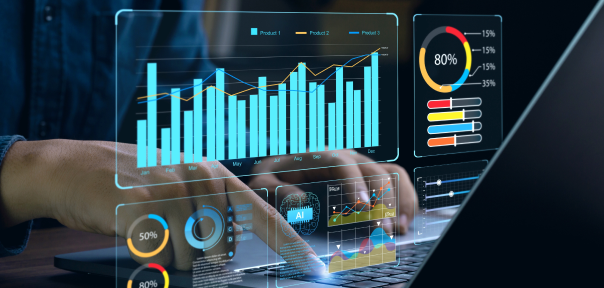
View Course

Included with Pro+ Subscription
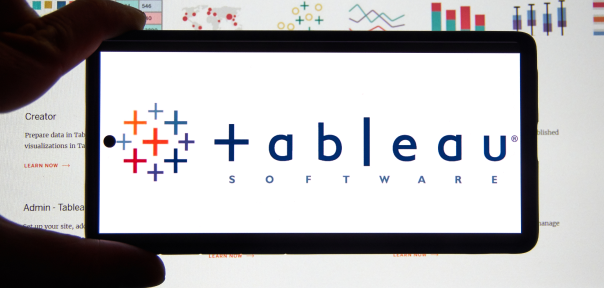
View Course

Included with Pro+ Subscription
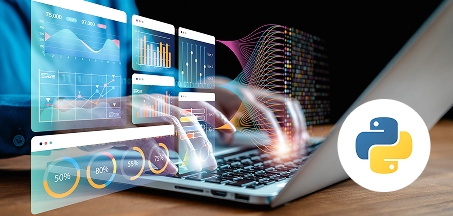
View Course

Included with Pro+ Subscription

View Course

Included with Pro+ Subscription


View Course

Included with Pro+ Subscription
.png)
View Course

Included with Pro+ Subscription
Popular


View Course

Included with Pro+ Subscription

View Course

Included with Pro+ Subscription


View Course

Included with Pro+ Subscription

View Course

Included with Pro+ Subscription

View Course

Included with Pro+ Subscription

View Course

Included with Pro+ Subscription
 (1).jpg)
View Course

Included with Pro+ Subscription
.jpg)
View Course

Included with Pro+ Subscription
Microsoft Courses


View Course

Included with Pro+ Subscription


View Course

Included with Pro+ Subscription




View Course

Included with Pro+ Subscription


View Course

Included with Pro+ Subscription


View Course

Included with Pro+ Subscription
Management
.png)
View Course

Included with Pro+ Subscription

View Course

Included with Pro+ Subscription
.jpg)
View Course

Included with Pro+ Subscription

View Course

Included with Pro+ Subscription
.jpg)
View Course

Included with Pro+ Subscription

View Course

Included with Pro+ Subscription

View Course

Included with Pro+ Subscription
.jpeg)
View Course

Included with Pro+ Subscription
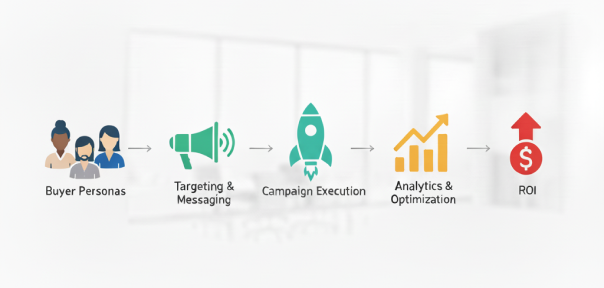
View Course

Included with Pro+ Subscription
.jpg)
View Course

Included with Pro+ Subscription
.png)
View Course

Included with Pro+ Subscription
.png)
View Course

Included with Pro+ Subscription
.png)
View Course

Included with Pro+ Subscription
.png)
View Course

Included with Pro+ Subscription
 (1).jpg)
View Course

Included with Pro+ Subscription
.png)
View Course

Included with Pro+ Subscription
AI & Generative AI


View Course

Included with Pro+ Subscription

View Course

Included with Pro+ Subscription

View Course

Included with Pro+ Subscription
.jpg)
View Course

Included with Pro+ Subscription

View Course

Included with Pro+ Subscription

View Course

Included with Pro+ Subscription


Cyber Security

View Course

Included with Pro+ Subscription
.png)

View Course

Included with Pro+ Subscription
.png)
View Course

Included with Pro+ Subscription
.png)
View Course

Included with Pro+ Subscription
.png)
View Course

Included with Pro+ Subscription
IT & Software
.png)
View Course

Included with Pro+ Subscription
.png)
View Course

Included with Pro+ Subscription

View Course

Included with Pro+ Subscription
.png)
View Course

Included with Pro+ Subscription
.png)
View Course

Included with Pro+ Subscription


View Course

Included with Pro+ Subscription
.jpg)
View Course

Included with Pro+ Subscription

View Course

Included with Pro+ Subscription
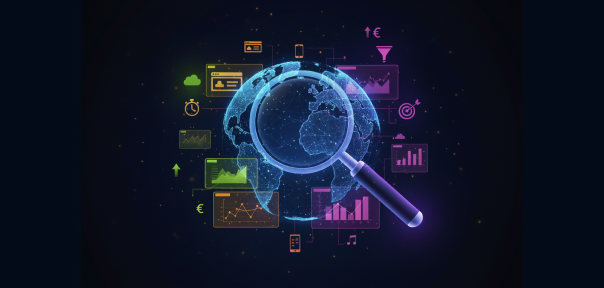
View Course

Included with Pro+ Subscription
.png)
View Course

Included with Pro+ Subscription

View Course

Included with Pro+ Subscription

View Course

Included with Pro+ Subscription
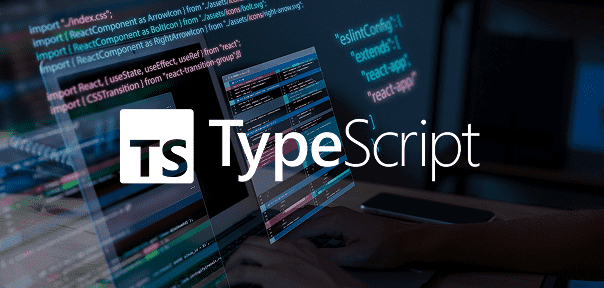
View Course

Included with Pro+ Subscription


View Course

Included with Pro+ Subscription

View Course

Included with Pro+ Subscription


View Course

Included with Pro+ Subscription
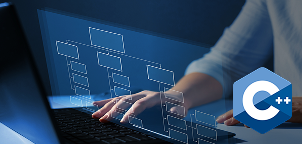
View Course

Included with Pro+ Subscription
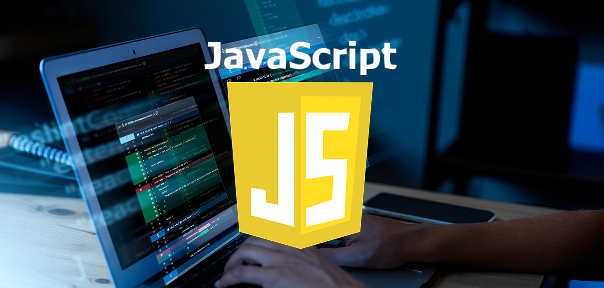
View Course

Included with Pro+ Subscription

View Course

Included with Pro+ Subscription
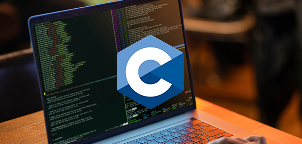
View Course

Included with Pro+ Subscription
 (1).png)
View Course

Included with Pro+ Subscription

View Course

Included with Pro+ Subscription
Cloud Computing





View Course

Included with Pro+ Subscription

View Course

Included with Pro+ Subscription
.png)

.jpg)

.jpg)



View Course

Included with Pro+ Subscription
.png)
View Course

Included with Pro+ Subscription


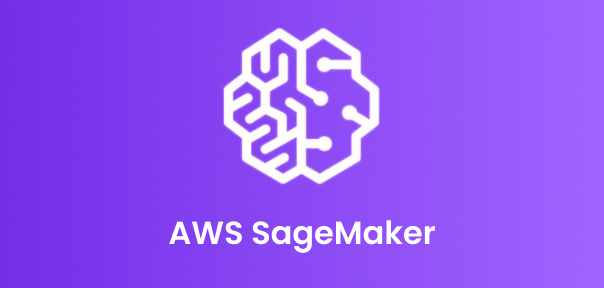

View Course

Included with Pro+ Subscription
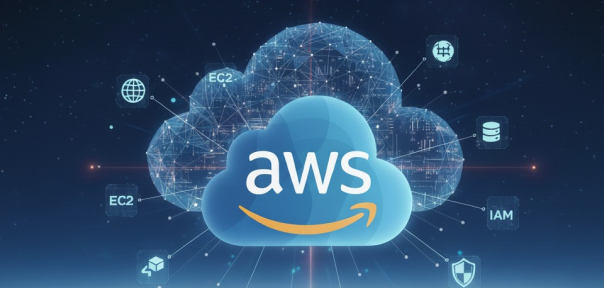

View Course

Included with Pro+ Subscription
.png)

View Course

Included with Pro+ Subscription
.png)

View Course

Included with Pro+ Subscription
Data Science & ML

View Course

Included with Pro+ Subscription

View Course

Included with Pro+ Subscription

View Course

Included with Pro+ Subscription

View Course

Included with Pro+ Subscription


View Course

Included with Pro+ Subscription
.png)
View Course

Included with Pro+ Subscription
Subscribe to Academy Pro+ & get exclusive features
₹999/month Inc. of GST
No credit card required
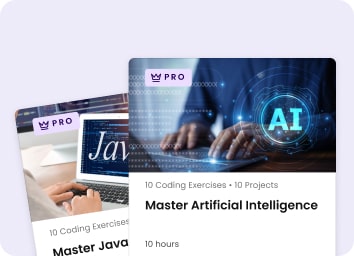
Learn from 40+ Pro courses
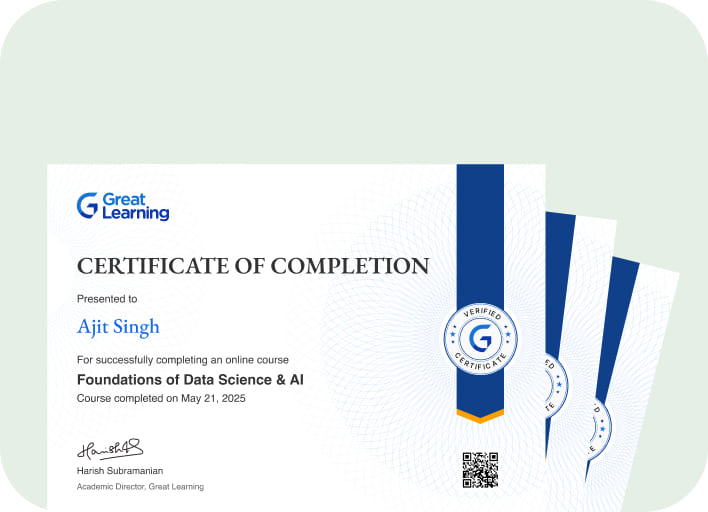
Access 500+ certificates for free
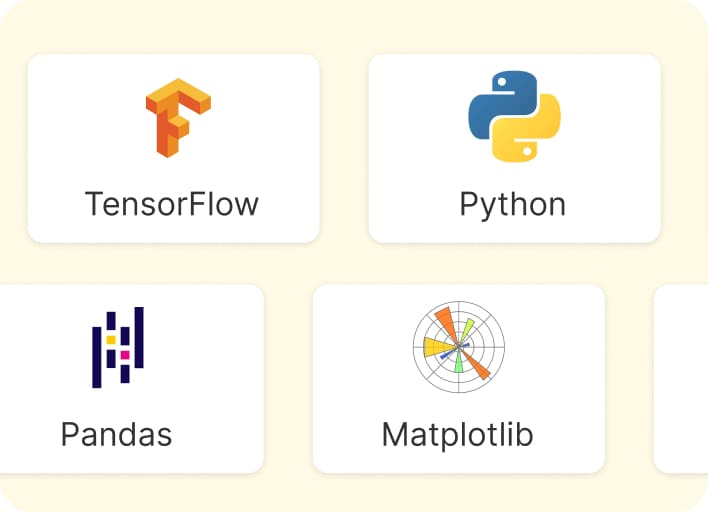
700+ Practice exercises & guided projects
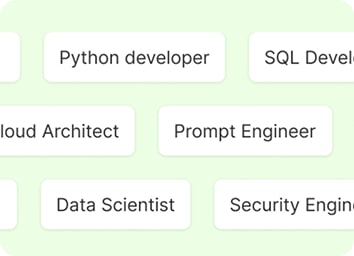
Prep with AI mock interviews & resume builder
Recommended Free Marketing courses




Similar courses you might like




Related Management Courses
-
Programs starting at ₹5,000 per month
Placement assistance
Personalized mentorship
Detailed curriculum
Learn from world-class faculties
50% Average salary hike -
Sponsored


Great Lakes Institute of Management
Post Graduate Diploma in Management (Online)24 Months · Online
Online MBA EquivalentKnow More
-


Walsh College
Doctor of Business Administration in General Management3 Years · Online
Top 10 best online DBA DegreeKnow More
-


Great Lakes Executive Learning
Executive PG Program in Management12 months · Online
Certificate from Great LakesKnow More










